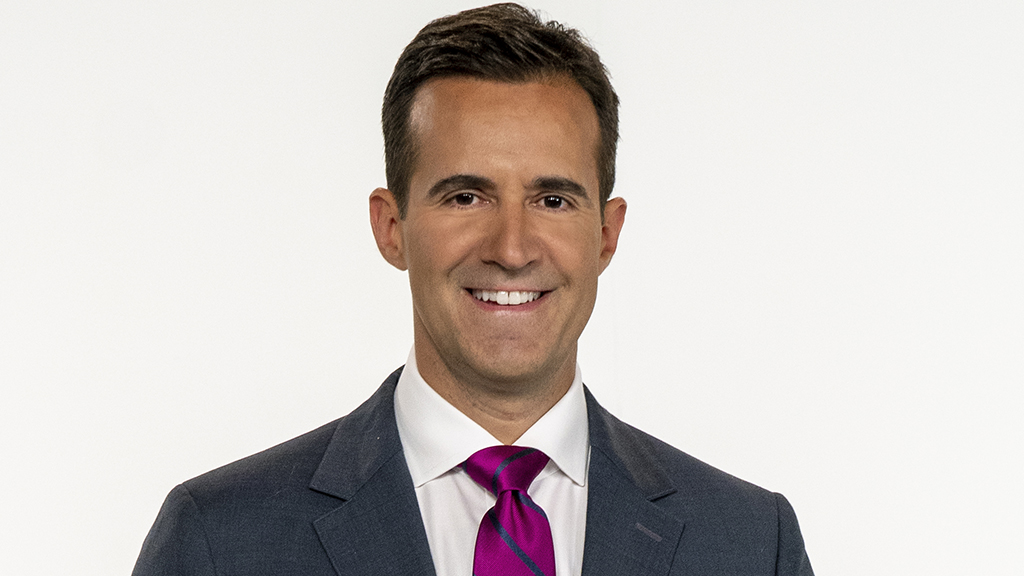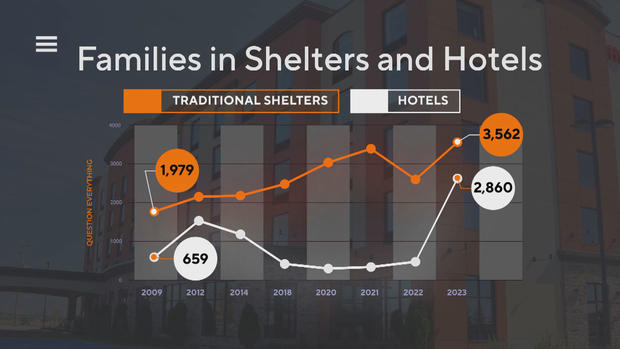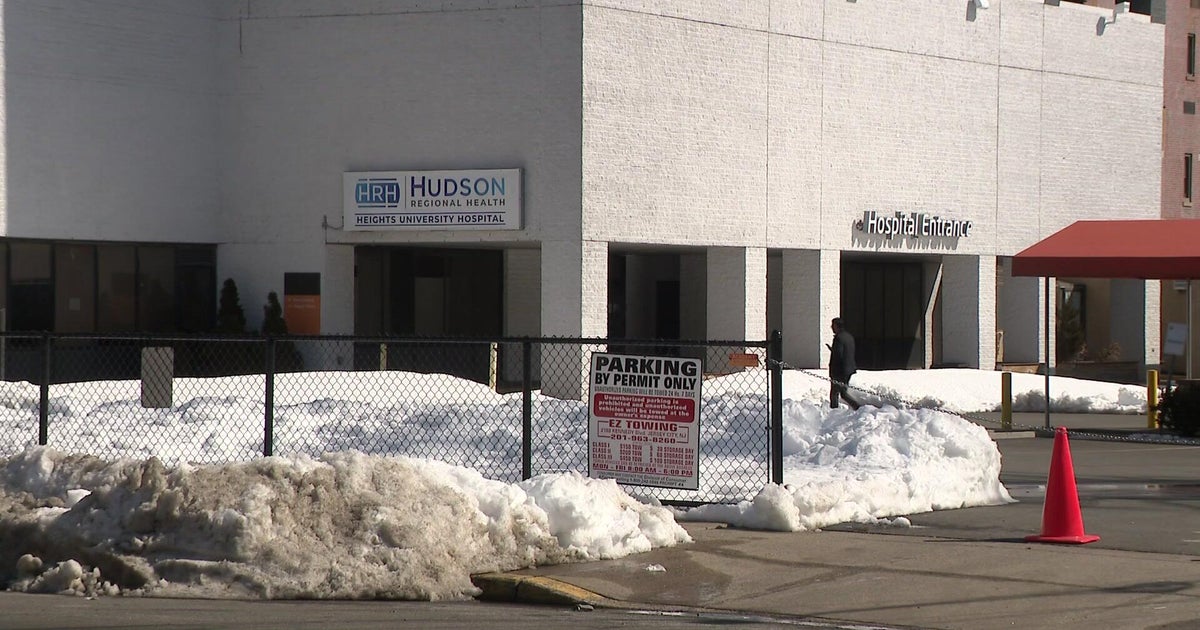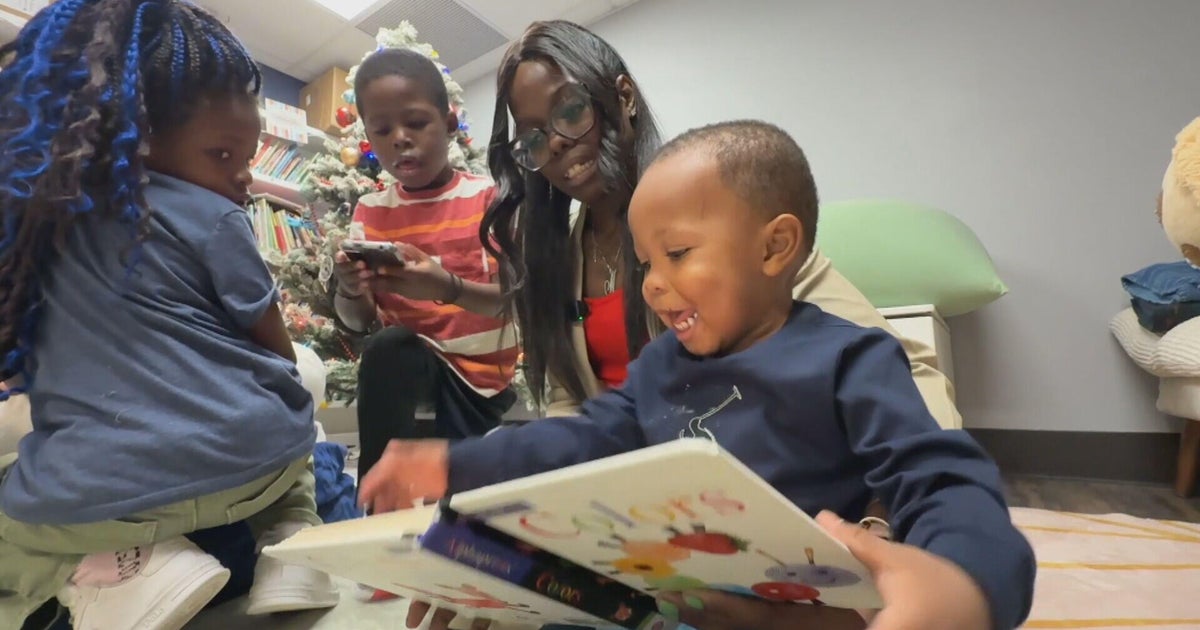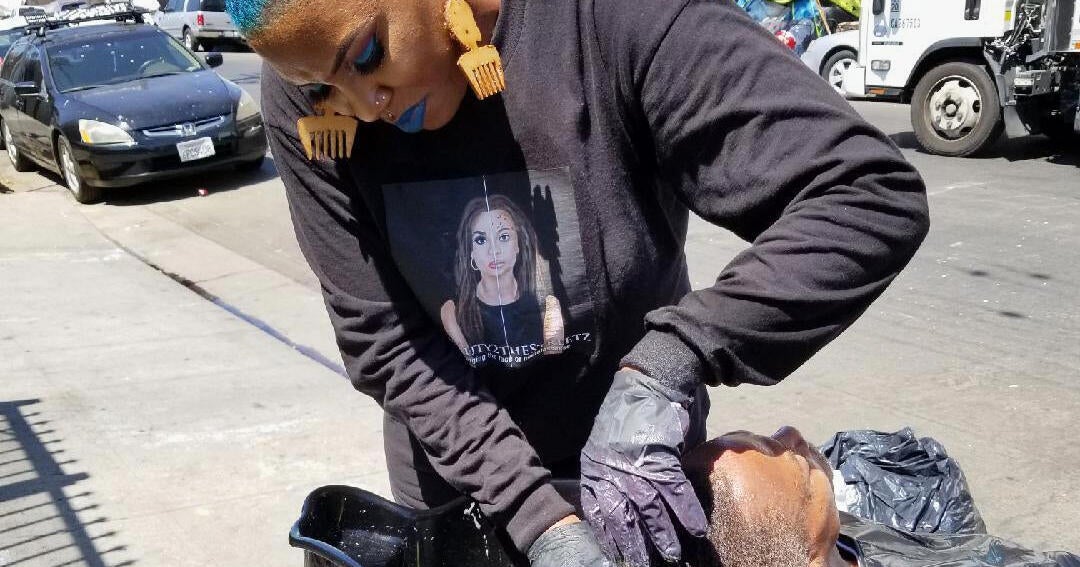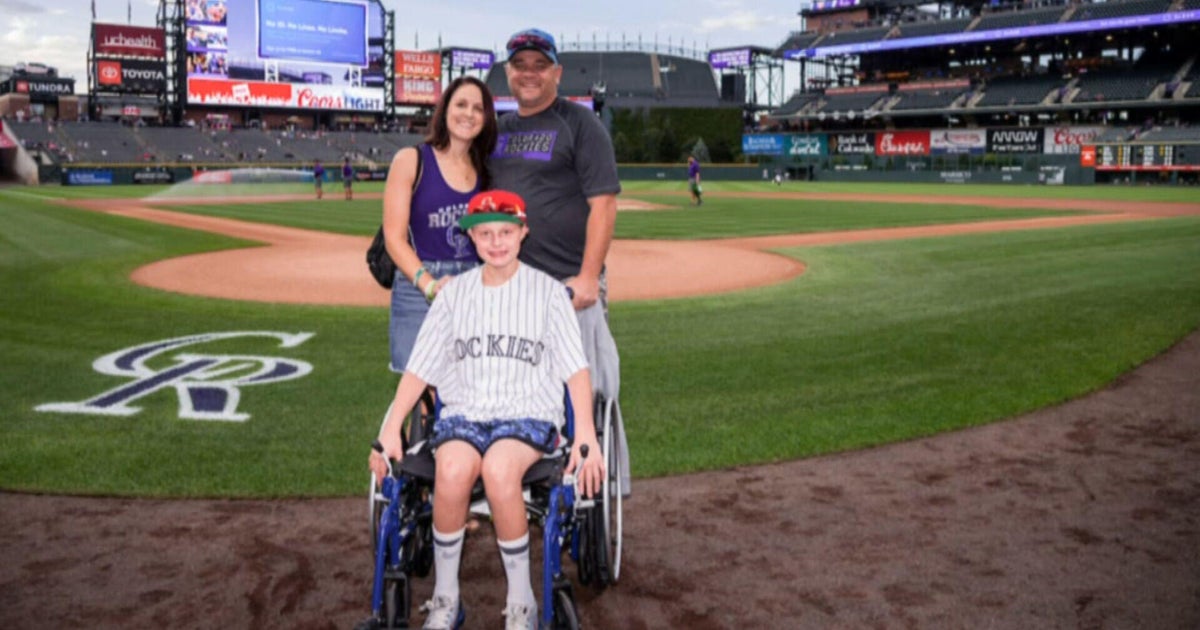Does Massachusetts' right to shelter law need to change?
BOSTON - Michael Dukakis was the longest serving governor in Massachusetts history. He signed many bills into law. But the law everyone is talking about these days is the "right to shelter" law, which Dukakis made a law in 1983.
The law guaranteed emergency housing to homeless families and pregnant women. It did not include homeless individuals.
In defining eligibility, the law said a "resident" was "any person in the Commonwealth, even if they didn't intend on staying permanently." It also said, "a person who comes here solely for these benefits would not be considered a resident."
I asked Woburn Mayor Scott Galvin if 40 years later, the law needs to be changed. "Do I think the law should be changed? I do," Galvin said.
Mayor Galvin says in 1983, no one could have envisioned what's happening today. Woburn is housing 150 migrant families in four hotels. There are 65 migrant children in the city's schools with younger siblings on the way.
"When the law was passed it was to deal with homeless people who lived in the state at the time. Again, it was well intentioned. It served a lot of homeless people very well," Galvin said.
For decades, the state has mainly used traditional shelters. The statistics we got, which start in 2009, show after the financial crisis, about 2000 homeless families were provided emergency housing. That number grew steadily long before the influx of migrants. It's now more than 3500 in traditional shelters. The only dip was in the pandemic when fewer people were being evicted.
But the change in the number of families put up in hotels is staggering. In 2009, there were about 650 families in hotels. Two years ago, it was less than a dozen. And now there are almost 3,000 families in hotels. A majority of them are migrants.
By using the original requirements from 1983, how are they eligible? The state says you are not eligible unless you provide some type of acknowledgement that the federal government knows you are here.
Republican State Rep Peter Durant doesn't think that matches the original intent of the law. So, he wants it scrapped or at least tweaked. "I think that we need to kind of just clean this up, we need to make sure that it's specifically for those who need this help that are residents and citizens of Massachusetts," Durant said.
Rep. Durant says the current price tag of $40 million per month cannot continue.
"They need a place, we certainly don't want them out on the street but this law was never intended to just be a magnet for anybody that happens to come into the state," Durant said.
I asked Governor Healey's office whether the law needs to be updated. I got a statement saying: "Right to shelter is the law, and the governor will review any legislation that reaches her desk. This law was established under very different circumstances from what we are experiencing today, and the current demand on the system is unsustainable."
Sarang Sekavat is with the Massachusetts Immigrant and Refugee Advocacy Coalition, a group helping migrants get the services they need. He thinks the law is working exactly as intended.
"The idea has always been to help out families and really to make sure that children aren't suffering when their parents fall are on hard times and that's exactly what we're seeing right now," Sekavat said.
Mayor Galvin says his biggest issue is not all cities and towns are sharing the burden. It's mainly the ones with hotels. There are 91 communities currently providing emergency shelter. There are 351 cities and towns in Massachusetts. So, there are 260 communities who aren't providing shelter.
"When I look around to communities around me, you know the area I've got Lexington, Wilmington, Reading, Stoneham, Winchester, they are not seeing any children in their schools," Galvin said. "I think they all should be sharing in this challenge."
If you have a question you'd like us to look into, please email questioneverything@cbsboston.com.
